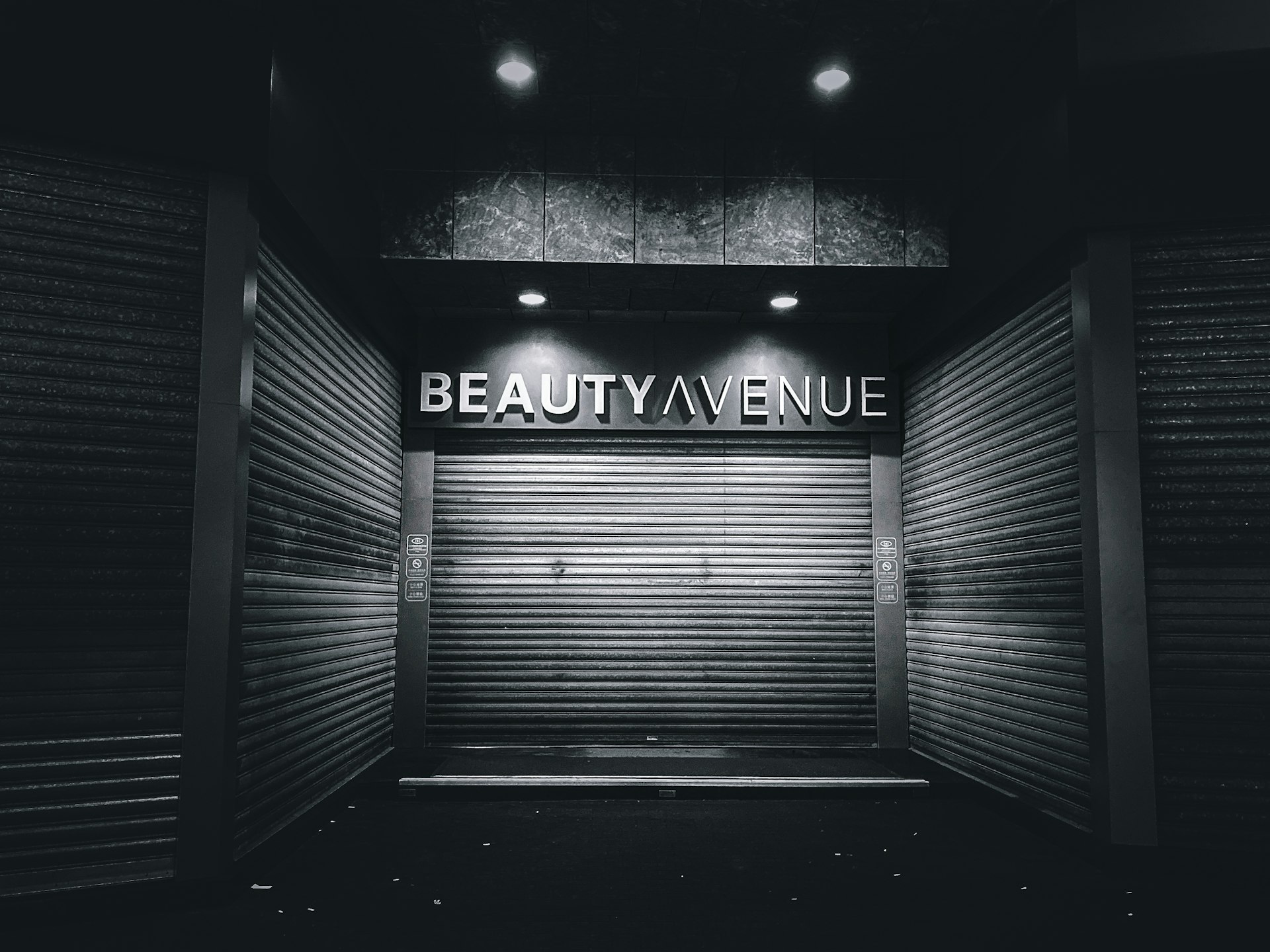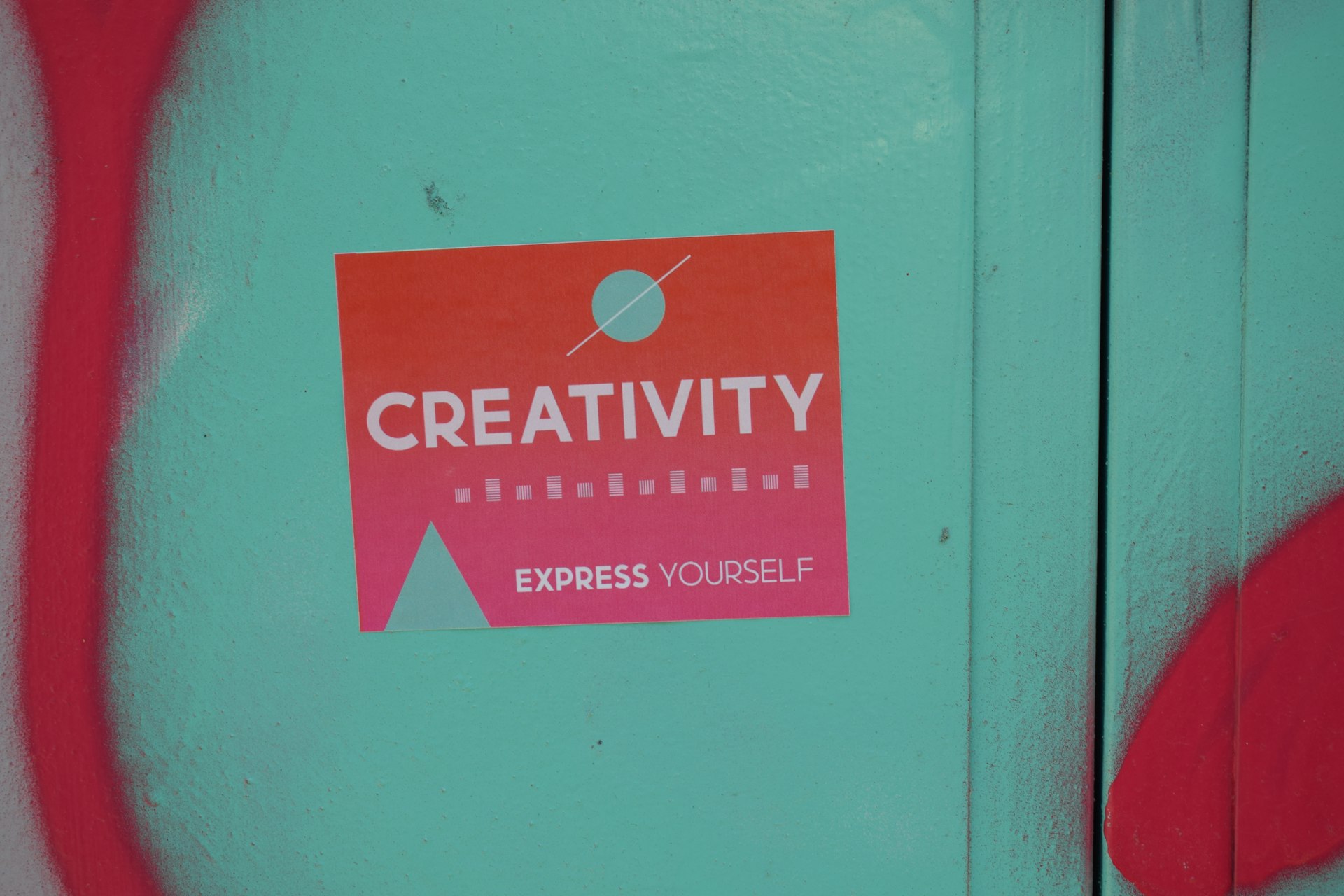Independent Creators: Redefining the Future of Entertainment

Photo by Zen Summer on Unsplash
The Rise of Independent Creators in Entertainment
In recent years, the entertainment industry has undergone a fundamental transformation. Independent creators -artists, filmmakers, musicians, and influencers who operate outside traditional studio systems-are now major forces shaping global media. This shift is powered by digital platforms, accessible technology, and changing audience expectations. As a result, creators are no longer constrained by legacy gatekeepers, and the boundaries between content producer and consumer have blurred dramatically [1] .
How Technology Empowers Independent Creators
Affordable filmmaking tools, professional-grade editing software, and high-speed internet have democratized content creation. Software like Adobe Premiere enables even solo creators to produce broadcast-quality video, while platforms such as YouTube, TikTok, and Instagram provide instant global reach. Artificial intelligence is further accelerating this shift by automating editing, enhancing visual effects, and enabling personalized audience recommendations [4] . For example, AI-driven localization tools now allow creators to make content accessible in multiple languages, vastly expanding potential audiences [5] .
These innovations have significantly lowered production costs and removed many barriers to entry. As a result, independent creators can compete more effectively with major studios and traditional networks. If you are interested in entering this space, consider learning digital editing, experimenting with AI-based creative tools, and regularly sharing your work on established social media or video platforms. Online tutorials and communities can provide guidance for beginners and advanced users alike.
Direct-to-Fan Engagement and Monetization
One of the most powerful aspects of the new creator-driven landscape is direct fan engagement . Independent creators build communities through regular interaction, live chats, and fan-driven content. Platforms offer monetization features such as channel memberships, exclusive content, tipping, and merchandise sales. The rise of crowdfunding (on platforms like Patreon and Kickstarter) enables creators to receive direct support from their audiences, bypassing traditional funding models [3] .
To start monetizing your own creative work:
- Identify your unique style and target audience.
- Choose a platform that aligns with your content type (e.g., YouTube for video, Instagram for visuals, Patreon for ongoing support).
- Engage with your audience through comments, Q&A sessions, and behind-the-scenes content.
- Offer exclusive perks or early access to supporters.
For those seeking more information, official creator portals on established platforms provide detailed guidelines and support documentation. These can usually be accessed by searching for the platform name along with ‘Creator Portal’ or ‘Help Center.’ For example, searching “YouTube Creator Portal” or “Patreon Support” will lead to official resources.
Case Studies: Independent Creators in Action
The surge of independent creators has led to mainstream success stories that challenge traditional entertainment powerhouses:
- YouTube stars like MrBeast have produced content that rivals network TV in both viewership and production quality. In 2024, Amazon signed MrBeast for a high-profile competition show, demonstrating the value of creator-led franchises [1] .
- Educational creators such as Mark Rober and family-friendly entertainers like Ms. Rachel have secured deals with major streaming services, further blurring the line between traditional and digital-first entertainment [1] .
- Virtual and AI-driven creators, showcased at global events such as TiEcon 2025, are using real-time digital avatars and AI-generated effects, allowing for innovative storytelling and cross-cultural engagement [5] .
These examples highlight that independent creators can now access distribution, funding, and technology once reserved for the largest studios.
Emerging Trends: Immersive Media and Social Impact
New technologies such as augmented reality (AR) , virtual reality (VR) , and extended reality (XR) are transforming how audiences experience entertainment. Independent creators are at the forefront of these trends, developing interactive experiences and immersive storytelling. Adoption of these technologies can require learning new tools and platforms, many of which offer free trials or educational resources.
Socially conscious storytelling is also gaining traction, with creators producing content that reflects diverse perspectives and values. Audiences now expect authenticity, and creators who address real-world issues can build deeper connections and stand out in a crowded market [2] .
Overcoming Challenges in the Creator Economy
While the opportunities are vast, independent creators face challenges such as content saturation, discoverability, and income stability. To address these issues:
- Focus on niche topics or unique storytelling approaches to differentiate your content.
- Leverage data analytics (many platforms offer built-in analytics tools) to understand audience preferences and improve engagement.
- Explore multiple revenue streams-ad revenue, sponsorships, merchandise, and live events-to diversify income.
- Stay informed about copyright, content policies, and evolving platform rules. Official help centers and creator communities are valuable resources for updates and peer support.
For those navigating legal or policy barriers, you can consult with creator advocacy groups or professional organizations that specialize in digital rights and media law. Searching for “digital creator advocacy group” or “media law resources” can yield reputable organizations.

Photo by Behrooz on Unsplash
Step-by-Step Guide to Joining the Creator Economy
- Research and select a platform suited to your content format and goals.
- Invest in basic production equipment-many creators start with smartphones and affordable microphones or cameras.
- Develop a consistent content calendar to build audience trust and regular engagement.
- Network with other creators through online forums, social media groups, and industry events.
- Continue learning about new tools, trends, and best practices through official creator education programs or online courses.
- Monitor analytics and be responsive to audience feedback to refine your approach.
Alternative approaches include collaborating with established creators for cross-promotion or joining multi-channel networks that offer support and monetization services. Remember, the creator economy is accessible to individuals at any experience level willing to learn and adapt.
Key Takeaways for Aspiring Independent Creators
The entertainment industry in 2025 is defined by innovation, inclusivity, and creator-driven growth. Independent creators have unprecedented access to technology, platforms, and global audiences. By leveraging digital tools, engaging directly with fans, and staying attuned to industry trends, anyone can participate in shaping the future of entertainment.
For ongoing support, seek out official resources and connect with creator communities on your chosen platforms. As the industry evolves, adaptability and authenticity remain the keys to long-term success.
References
- [1] Business Insider (2025). Creators are reshaping Hollywood and streaming.
- [2] Boston Brand Media (2025). 2025 Media & Entertainment Industry Outlook + Key Trends.
- [3] Global Media Journal (2023). A paradigm shift in the entertainment industry in the digital age.
- [4] Software Mind (2025). Trends impacting media and entertainment in 2025.
- [5] TiE SV (2025). How AI and Asian storytelling are shaping the future of entertainment.
MORE FROM resultsdiscount.com













